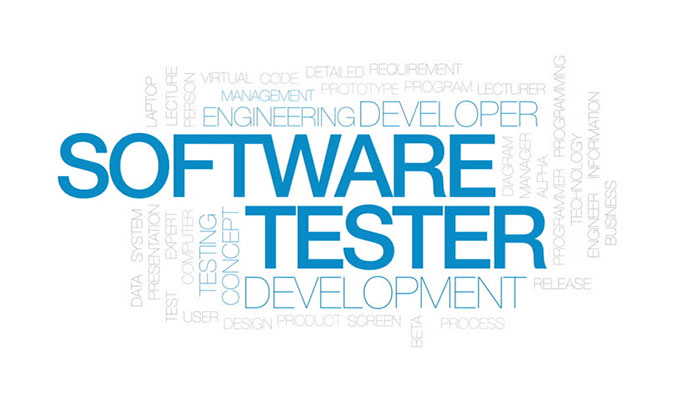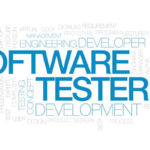In the past few years, information technology has rapidly developed. As a result, the labor market of this industry is also more vibrant and bustling. When people hear the phrase ‘information technology’, usually they first think of Programmers (Developers), Administrators, Network Security Experts, Software Designers, System Managers, and Bridge Engineers. These are familiar and even popular positions. However, there is another potential job title that few people pay attention to and that is Tester. In today’s article, I would like to share what a Tester is and what is needed to become a Tester.
What is a Tester?
As the name implies, the main job of a Tester is to check the quality of the software and to test the software at different stages of its development. A Tester closely examines the software for bugs, defects, and errors. To do this, they run a number of tests to see what the software can handle and where its weak points might be. This includes stress and performance testing and usability checks among others to meet quality control and quality assurance standards. These are especially relevant areas for Manual Testers and Automation Testers.
What do you need to become a Tester?
In order to become a Tester, it is important to be ready to cultivate the skills necessary to be good at this vital position. Once you are in the field, you will need a variety of skills and abilities in order to decide what you should do to best test new software.
The Basics
While there is no need to be as specialized as a Programmer, a Tester must be able to understand the content of what she is testing. This is pivotal because the day-to-day work of a Tester mostly involves writing code to test the software. As with any job, the more knowledge you equip yourself with, the more advantages and opportunities you will have.
A Tester’s Specialized Knowledge
Testers should have a good foundation in testing itself – its concepts and specialized terms as well as an understanding of the testing process – and be able to design effective test cases.
The basic software testing process has the following steps:
- Test planning and control
- Test analysis and design
- Test implementation and execution
- Evaluating exit criteria and reporting
- Test closure activities
Manual versus Automation Testers
A Manual Tester tests software without using any automated tools. While this kind of testing does not require a lot of programming knowledge, a Manual Tester must be familiar with the basic concepts of manual testing and have a keen eye for finding errors.
On the other hand, an Automation Tester uses a variety of special automated testing software tools to test the software. They perform a suite of tests and sometimes repeatedly, and the results tend to be very reliable. An Automation Tester ideally has a strong background in programming and a keen eye for errors.
Manual Tester and Automation Tester
In this section, I will offer an overview of the typical project workflow and the skills required for a Manual Tester and an Automation Tester. This might give you a better idea of what each Tester does in general and how your skills and interests might fit with this kind of position.
Manual Tester
- Create a Test Plan (ability to create a specific test plan)
- Design a Test Case (ability to design test cases)
- Test Design Techniques (understanding of Test Case design techniques)
- Test reporting and Daily status reports (ability to understand results and write reports about those results)
- Defect Management (ability for finding, analyzing, removing and managing defects)
- Mobile application testing (understanding of testing on mobile apps)
- Windows website testing and tools support (knowledge of Windows)
- Risk-based testing process and implementation and Evaluation risk assessment when testing (ability to design risk-based tests and analyze and evaluate the results)
Automation Tester
- In addition, Automation Testers need an understanding of various programming languages and automation tools and frameworks such as Ranorex, TestComplete, Selenium, Appium, and Jmeter.
A professional Tester needs a lot of skills and knowledge to be good at fulfilling the requirements of this important but little-known position. Your capabilities and qualifications will all help make you into a uniquely skilled professional.
Comments are closed.












